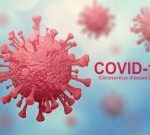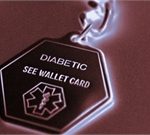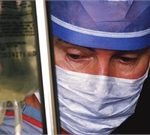
Patients with severe COVID-19 may be at risk for a variety of brain complications — from stroke to psychosis, new research suggests. “There have been growing reports of an association between COVID-19 infection and possible neurological or psychiatric complications, but until now these have typically been limited to studies of 10 patients or fewer,” said lead study author Benedict Michael. He is a fellow in the Institute of Infection and Global Health at the University of Liverpool in the United Kingdom. The study, described as the first nationwide look at neurological complications of infection with the new coronavirus, looked at 125 COVID-19 patients treated in U.K. hospitals during April. Michael emphasized that it focused only on cases that were serious enough to require hospitalization. The most common brain complication was stroke, which occurred in 77 patients. Of those strokes, 57 were caused by a blood clot in the brain, nine by bleeding in the brain and one by inflammation in the blood vessels of the brain. Most of the patients who had a stroke were older than 60 years of age. Thirty-nine patients experienced confusion or behavior changes that suggested they had an altered mental state, the study found. Of those, nine had unspecified brain dysfunction (encephalopathy), seven had inflammation of the brain (encephalitis), and 23 were diagnosed with psychiatric conditions, the researchers said. Ninety-two… read on >


















